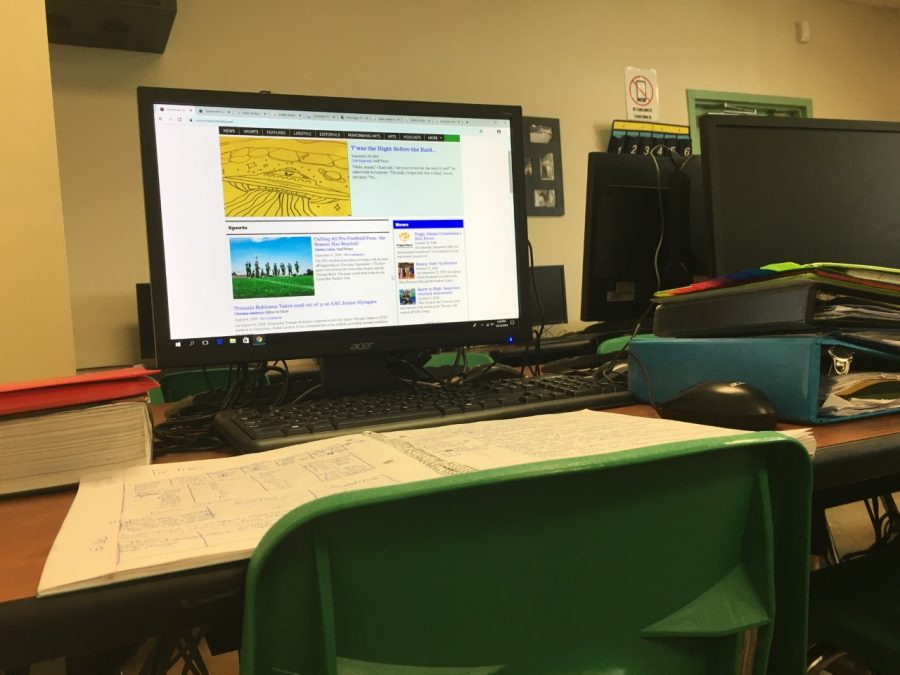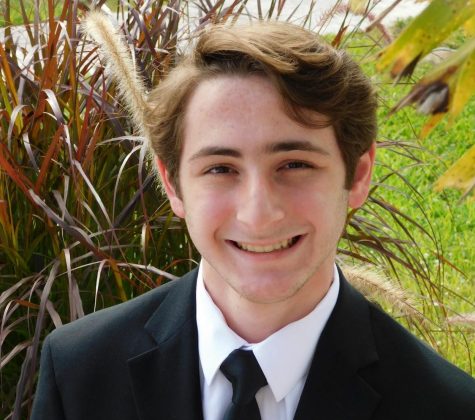Balance between Studies
While studying, students can have several different courses to be studying for at one time. This would then increase, the amount of time that they would spend studying, amplifying the negative effects that come with studying for long periods of time.
October 15, 2019
Over the last several years, standards for education have been rising causing students to feel that they need to constantly be studying to pass exams all around the world.
A student comes home from school just to continue to study for one of their several classes, they skip dinner, they do not clean themselves, and they finally crash at the crack of dawn. Then, they need to get up a few hours later just to get up and go right back to school and do it again.
Many students around the world study for several hours each day which to some, can seem to be too much studying. The amount of studying students do can cause many difficulties to their lives both mentally and physically. Some of these students may know that over studying is dangerous, however, they may not know what is too much and how to feel less pressured towards the exam. In doing so, they may do as little studying as possible to help not feel the effects of over studying yet, will not get enough information for the exam. “Over studying leads to stress and anxiety, stemming from test anxiety or lack of good sleep.” (https://www.theodysseyonline.com/scientists-prove-over-studying-real-time-stop).
What is Over Studying and Under Studying?
Over studying and under studying both have negative effects on the brain. Over studying is when a person begins to stop retaining information during their studies. Compared to this, under-studying is when a person is studying and they do not gain any information due to the lack of studies. Both these affect students’ ways of studying causing several negatives to their studies over the positives. Students may accidentally do under or over study while trying to avoid doing the either one. People may also over study due to test anxiety and not knowing if they truly know what is needed to pass their exam. On the contrary, people may under study due to over-confidence about knowing the subject. For college students, many may begin drinking which can lead to more people studying at a low enough rate to where their studies may not be sufficient enough. Students who procrastinate often, will under study for an exam with the lack of time that they give themselves to begin studying for that test and not gain the sufficient amount of information needed to pass.
Over Studying and Under Studying Effects
Both over and under studying have several effects psychologically which can lead to several mental and physical issues. Effects of over studying are anxiety, failure to retain information, stress, overreactions, and lack of sleep. Failure to retain information can cause grades to overall decline. These can lead to further issues in a student’s learning career and can cause difficulty in education. Under studying can have effects of causing grades to fall, lack of understanding, and poor habits. For those who drink while studying, they can suffer from loss of memory from the effects of drinking. Also, drinking can be a reason as to why college students are under studying for their exams, when they are spending too much time drinking or doing another activity rather than studying for their upcoming test. The lack of high scoring tests will then cause students who over study to feel that they need more studying to get better grades on the next test. These studies can eventually lead to a lowered motivation towards wanting to do well in class. Over studying and understudying can lead to poor time management for smaller and larger events later on. Lack of sleep can cause students to also form bad habits with their studies causing more sleep to be lost in the future.
Ways to Avoid of Over Studying and Under Studying
While trying to not do one or the other, people may under study or over study without intention of doing so. Ways to avoid over studying are to formulate a schedule to study for certain amounts of time for each subject. Each course could get more or less time to study depending on the difficulty of the class that is being studied. Another way to avoid over studying is to schedule breaks during studying for students to mentally and physically take a break from any education. This allows for them to de-stress from the topic and to think about what they know about the topic and if they are ready based on what they have studied. Also, students can study over the course of several days rather than cramming all information the night before the test. Cramming the night before often has students studying for a time period of what would have been over several days in the course of one night. One last way students can avoid over studying is by focusing on one thing at a time. Focusing on one thing at a time allows for students to gain more information easier from one subject compared to…
Under studying is done both with intent and without intent. One way that someone multitasking over several subjects. can avoid under studying is by understanding that studying only can benefit those who do it. Some people only study for short amounts of times due to the feeling that they know the topic to perfection when in reality, they do not have a large understanding of the topic. To help this, many people should set times each day at which they can review their notes so they can gain a higher understanding of the topic rather than stay confident on something that they do not have a great understanding of. Another way to avoid under studying is to set times at which nothing is going on, to study for classes that are troubling for students. Also, setting priorities can help keep students from under studying by setting school work and studying at the top of their priorities over leisurely activities. This does not mean to never have leisurely activities, it rather means that they should not be the focus of students’ every-day lives. Setting studying at the top of their priority list would give the students more organization of what they do and when.
“Think of it this way: If you take four courses comprising three credit hours each, you’ll spend 12 hours in class and up to 36 hours studying — adding up to a total of 48 hours every week on schoolwork. That’s not only more than a full-time job, but also fails to factor in time for work, play, and other commitments.” (https://www.academiccourses.com/article/Five-Signs-That-You%E2%80%99re-Studying-Too-Much/).

